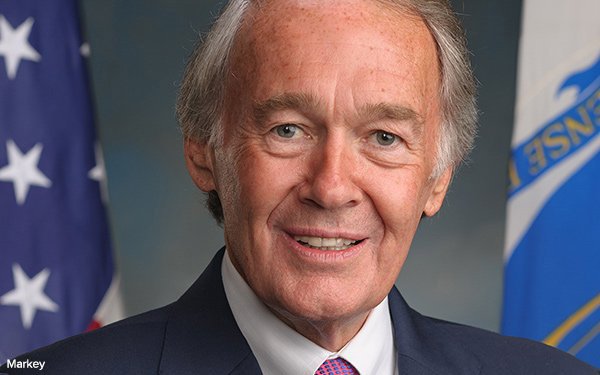
A group of partisan Senators on Wednesday urged
lawmakers to move forward this year with proposals to restrict companies' ability to harness young users' data for advertising.
“As Congress works to finalize legislation before the end
of this session, we write to request the inclusion of critical privacy protections for young online users that have already garnered bipartisan and bicameral support,” Senators Ed Markey
(D-Massachusetts), Cynthia Lummis (R-Wyoming), Bill Cassidy (R-Louisiana) and Richard Blumenthal (D-Connecticut) write to House and Senate leaders.
“Children and teens are uniquely vulnerable populations
in today’s digital ecosystem, yet our privacy laws have failed to keep up with online harms,” the lawmakers add.
advertisement
advertisement
Among other requests, Markey and the others are seeking a ban on
targeted advertising to users under 17.
“Targeted advertising is inherently manipulative to young people online, as they are more influenced by marketing and are less capable of
recognizing that a piece of content is an advertisement,” the lawmakers write. “Congress should finally stop online actors from relentlessly tracking young users for the purposes of this
manipulative practice.”
President Joe Biden made a similar
request earlier this year, in his State of the Union address.
The proposed American Data and Privacy Protection Act includes a provision that would prohibit targeted advertising to teens,
but that bill also includes far broader provisions -- including one that would effectively prohibit companies from targeting ads to adults based on their activity across websites.
Markey and
the others also are specifically urging passage of a law requiring websites and apps to obtain the consent of teens ages 13-15 before collecting data that can be linked to them or their devices --
such as IP addresses and pseudonymous identifiers. The proposed Children's and Teens’ Online Privacy Protection Act, introduced last year, includes that prohibition.
The existing
children's privacy law requires companies to obtain parental consent before collecting data from children under the age of 13 -- including pseudonymous data used for ad targeting.